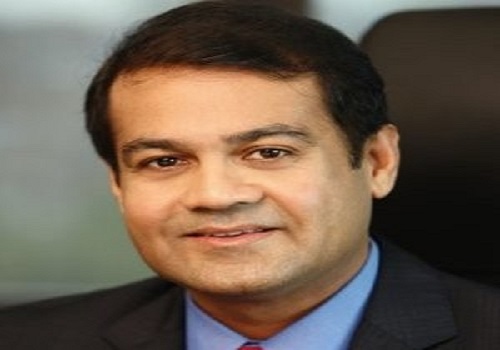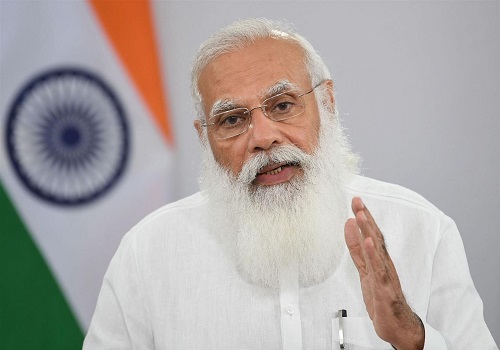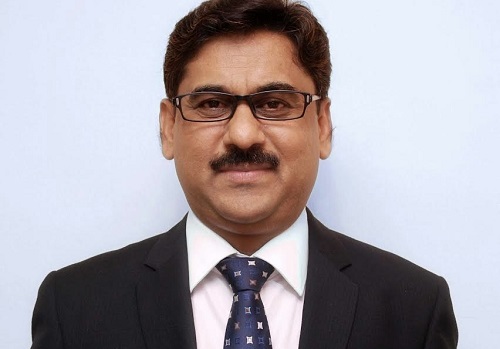Fiscal consolidation expected on the back of lower subsidy payments

Follow us Now on Telegram ! Get daily 10 - 12 important updates on Business, Finance and Investment. Join our Telegram Channel
The Central government's fiscal deficit is expected to narrow to 5.9 per cent of GDP in F2024 from 6.4 per cent in F2023, Morgan Stanley said in a report.
"We expect fiscal consolidation on the back of lower subsidy payments, which will also ensure that focus on public capex spending is sustained, thus supporting the growth outlook," the report said.
Expenditure ratio is expected to moderately driven by lower subsidy spending, mix of expenditure to improve.
The pandemic-related increase in revenue spending continued into F2023 as the government saw higher outflows from the continued free foodgrain support programme, increased outlay in rural employment guarantee scheme and increased spending on fertilizer subsidy. However, the mix of spending is expected to normalise in F2024, the report said.
Subsidy spending is expected to moderate to 1.3 per cent of GDP in F2024 from 2 per cent of GDP in F2023, driven by lower food and fertilizer subsidy. In particular, we expect food subsidy to moderate to 0.8 per cent of GDP from 1.1 per cent in F23 as the government has discontinued the expanded free foodgrain distribution from 1 Jan 2023 even as it makes foodgrain under public distribution free, the report said.
In the case of fertiliser subsidy, as fertilizer prices have declined by 30-33 per cent YoY, we expect the fertiliser subsidy to moderate to 0.5 per cent of GDP in F24 from 0.8 per cent in F23.
Capital spending will likely rise by 16 per cent YoY keeping capex to GDP at 2.9 per cent of GDP in F24, a tad higher than 2.8 per cent of GDP in F23. As such the mix of spending will improve, with capital spending accounting for 19.8 per cent of total expenditure vs an average of 13.2 per cent in the previous five years. Within capital spending, we expect allocation to improve for infrastructure sectors (railways, roads) and also the focus to remain on infrastructure investments in rural areas, Morgan Stanley said.










Top News

Electrical vehicles rate will come down once lithium batteries are manufactured in India: Go...
Tag News

We anticipate immense potential benefits from the upcoming Sovereign Gold Bond Tranche in FY...












